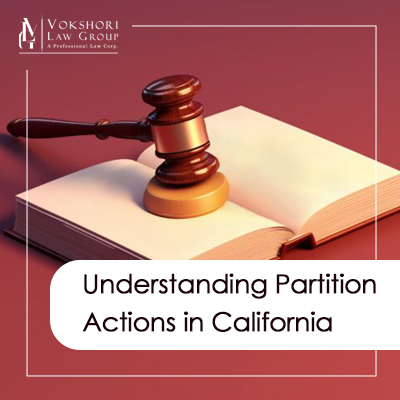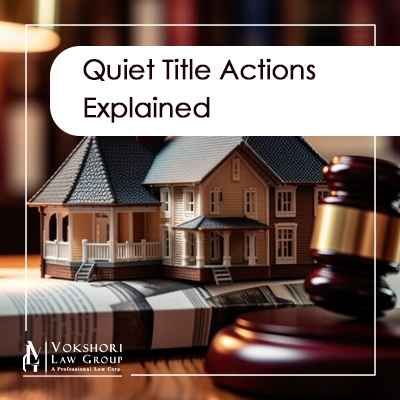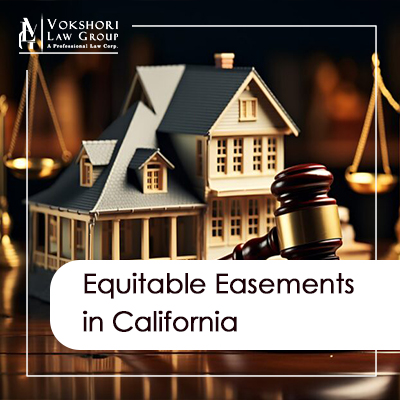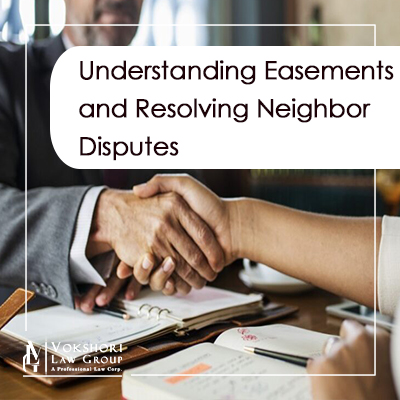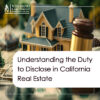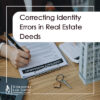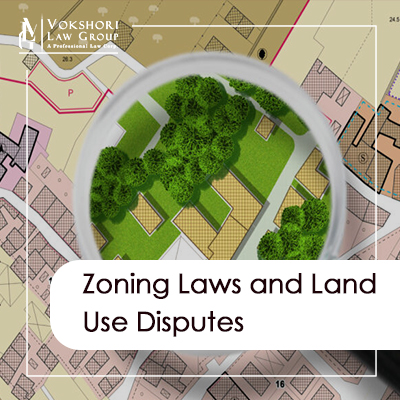
Zoning laws and land use regulations are crucial in shaping the development and organization of communities. They dictate how land can be used, what structures can be built, and ensure that property use aligns with community goals and standards.
However, these regulations can also lead to disputes, often requiring legal intervention to resolve. In this article, we will explore the intricacies of zoning laws, common land use disputes, and how a real estate litigation lawyer can provide effective solutions.
Understanding the Zoning Laws in California
Zoning laws are local regulations that govern how land can be used within specific areas or “zones” of a municipality. These zones can include residential, commercial, industrial, agricultural, and mixed-use areas, each with distinct rules and restrictions.
The primary objectives of zoning laws are to:…
Posted In:

